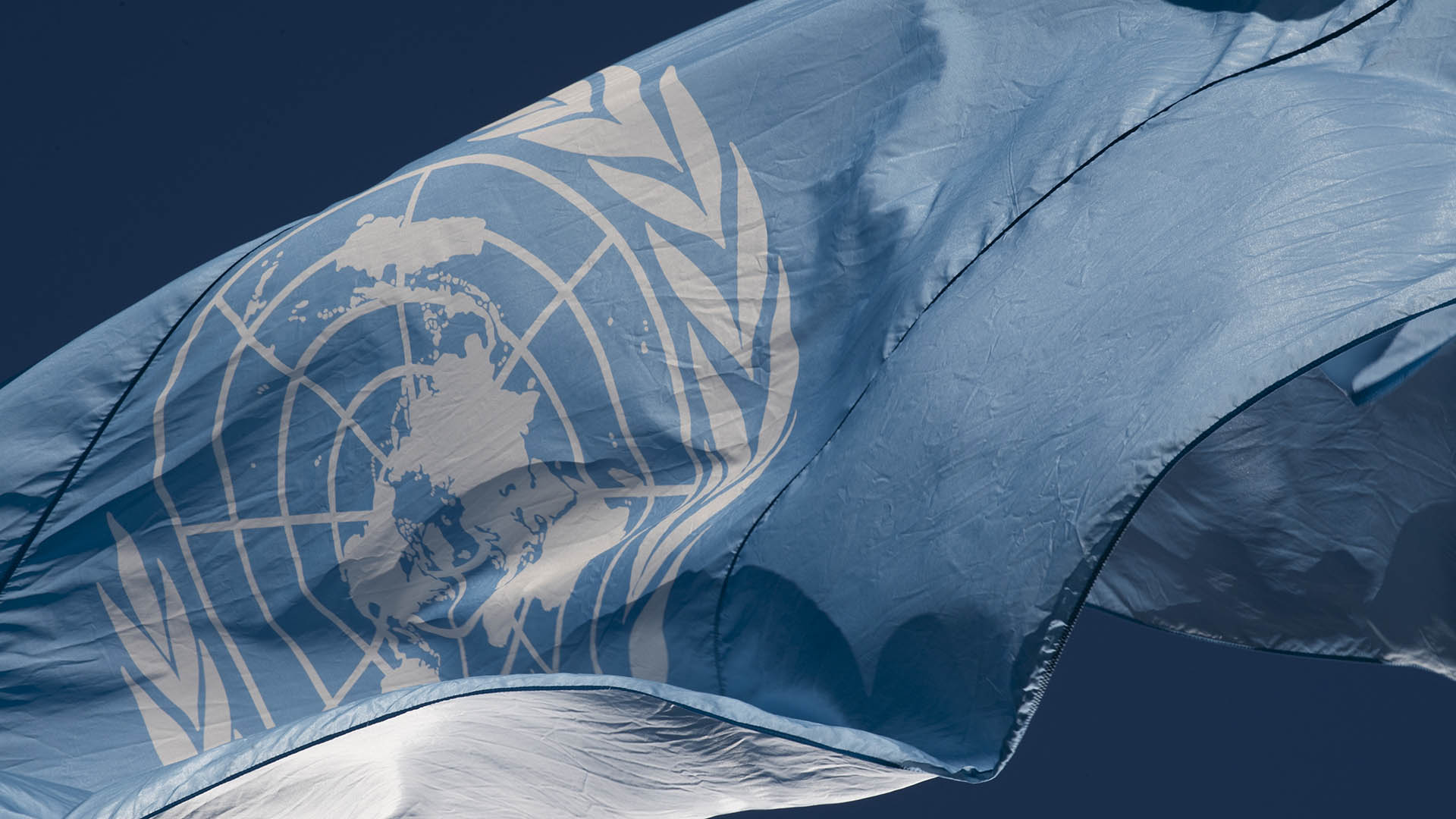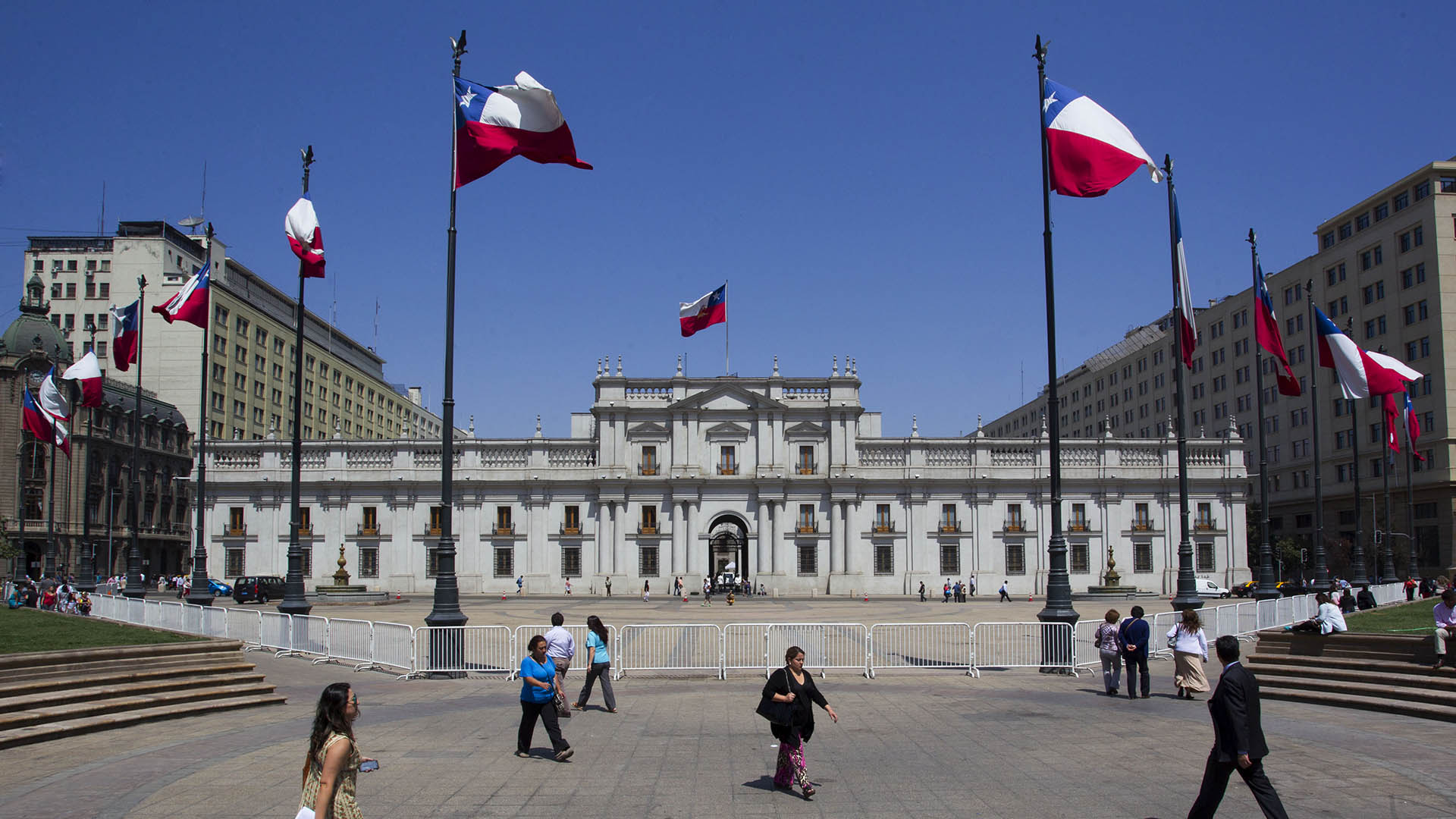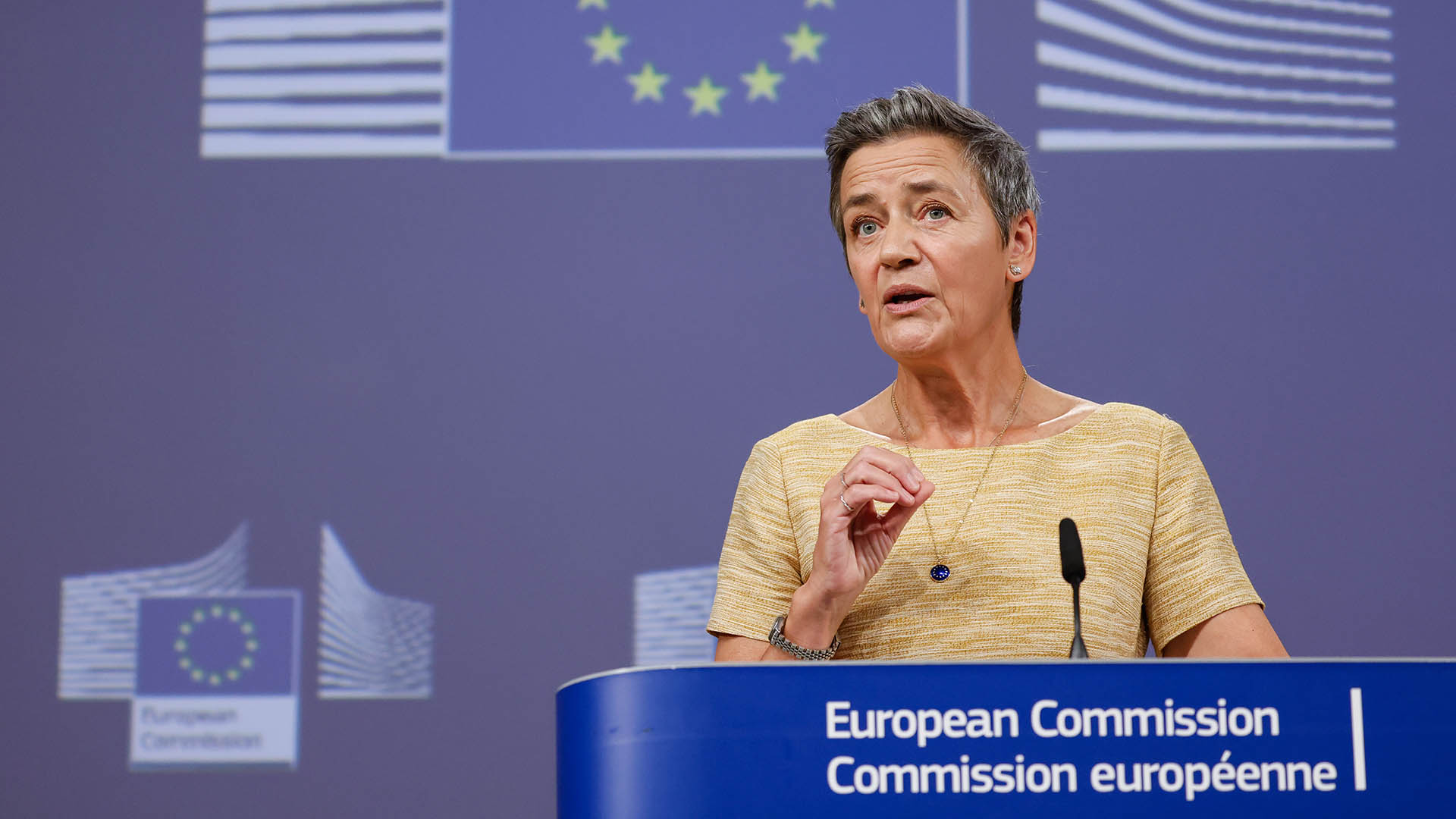The head of the United Nations has called for a shake-up of global tax rules — and more power to set them — in a new draft report criticizing the Organisation for Economic Co-operation and Development.
The report, which will be finalized in coming weeks, analyzed current international tax cooperation arrangements and laid out U.N. Secretary-General António Guterres’ vision to ensure they better serve the needs of developing countries.
“Enhancing the U.N.’s role in tax-norm shaping and rule setting, fully taking into account existing multilateral and international arrangements, appears the most viable path for making international tax cooperation fully inclusive and more effective,” Guterres said in the report.
For decades, international tax policy has been dominated by the Paris-based OECD — a group of mostly high-income countries such as the U.S., the U.K. and Japan.
The outsized influence of wealthy countries on the organization’s policy agenda has led many developing countries, including some OECD members, to question its efficacy in setting equitable global tax standards.
At the end of last year, the U.N. General Assembly adopted a resolution from African member states calling to scale up efforts to combat illicit financial flows and tax evasion. The new report was mandated by the resolution and will be debated at the next session in September.
In the report, Guterres acknowledged OECD efforts to engage non-members, but added that “many of those countries find that there are significant barriers to meaningful engagement in agenda-setting and decision-making.”
“As a result, the substantive rules developed through these OECD initiatives often do not adequately address the needs and priorities of developing countries and/or are beyond their capacities to implement,” he said.
Manal Corwin, director of the OECD’s Centre for Tax Policy and Administration, told ICIJ via email that the organization was proud of its “proven track record enabling significant changes in the international tax landscape that have benefited developed and developing countries.”
“It is disappointing that the U.N. report, while purporting to analyze existing arrangements in international taxation … , chooses to ignore the positive impact of the most significant changes and concrete results that have been delivered over the last two decades,” Corwin said.
She added that it was “surprising” the U.N. had chosen to ignore favorable assessments of the current state of OECD collaboration submitted by U.N. member states for the analysis, resulting in “a number of inaccuracies and misleading statements.”
In 2021, the OECD brokered a high-profile global tax agreement between more than 130 countries, which included a minimum 15% corporate tax rate for multinationals. It was hailed by negotiators as a landmark step towards curbing tax avoidance, but its implementation has been beset by delays.
ICIJ investigations such as the Paradise Papers and Lux Leaks have highlighted the staggering scale of corporate tax dodging by some of the world’s biggest companies. The Paradise Papers exposed tax maneuvers by more than 100 corporations, including Nike and Apple, which shifted profits around the world to accumulate $252 billion offshore.
A recent report by advocacy group the Tax Justice Network warned that without urgent reform countries could lose nearly $5 trillion to tax havens over the next decade. The group has long pushed to shift global tax leadership from the OECD to the U.N. and for the adoption of a U.N. tax convention.
Guterres’ report offers three options for debate, including a legally binding framework convention, similar to the one favored by advocates, to establish an overarching system of tax governance.
In a statement, Tove Maria Ryding, tax coordinator at the European Network on Debt and Development, labeled the tabling of the proposal “a truly historic moment in international tax cooperation.”
The OECD had always worked closely with other institutions, including the U.N., Corwin said, and would continue its “constructive collaboration to serve the interests of stakeholders without duplicating efforts and unnecessarily depriving jurisdictions of needed resources.”
But Ryding called for the organization to cede some of its influence: “The OECD process has never been global. We need global tax negotiations to be transparent, fair and led by a body where all countries participate as equals. The U.N. is the only place that can deliver that.”







